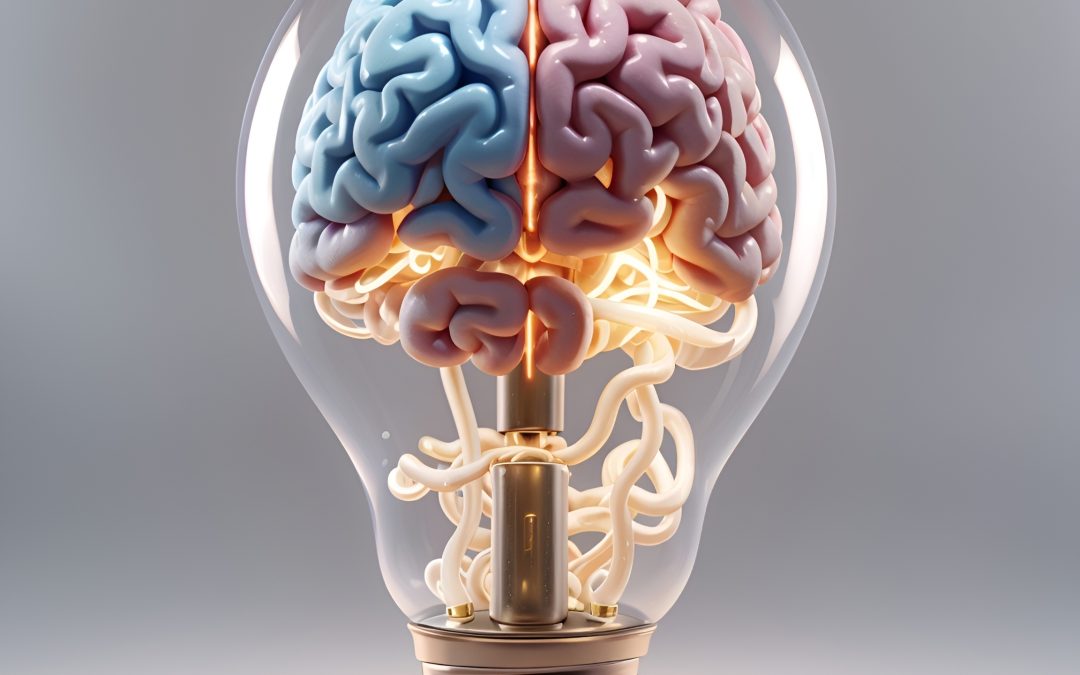How Executive Function Activities Can Help Adolescents Excel
In today’s fast-paced world, it’s more important than ever for adolescents to develop strong executive function skills. These skills, which include self-control, time management, and problem-solving, are essential for success in academics, career, and life. By engaging in executive function activities, adolescents can improve their cognitive abilities and gain the tools they need to excel in a competitive environment. In this blog post, we’ll explore the benefits of executive function activities and provide practical tips for parents and educators to help their teens develop these critical skills. With the right resources and support, your adolescent can unlock their full potential and achieve their goals. Executive function consists of the following skills:
- Attention control: An individual’s ability to concentrate – capacity to choose what they pay attention to and what they ignore.
- Cognitive inhibition: contributes to task performance by keeping task-irrelevant information from being maintained in working memory.
- Working memory: A skill that allows us to work with information without losing track of what we’re doing.
- Inhibitory control: Involves controlling our automatic urges by pausing, then using attention and reasoning to respond appropriately
- Cognitive flexibility: the ability to switch between thinking about two different concepts or to think about multiple concepts simultaneously
Strategies to help teens with executive functioning skills:
- Goal setting, planning and monitoring
- These are the keys to unlocking success in any area of life. By setting clear and achievable goals, creating a plan of action, and consistently monitoring progress, teenagers can make real progress towards their desired outcomes.
- To achieve success, it’s crucial to encourage teenagers to set SMART goals that align with their values and priorities. By breaking these goals down into manageable steps and creating a realistic timeline, you can create a roadmap for success.
- It’s not enough to simply create a plan – they must also take consistent action and monitor their progress along the way. By regularly checking in on their progress and adjusting plans as necessary, they can stay on track and overcome any obstacles that come their way.
- Activities
- The key is a focus on continual improvement and increasing challenge. Encourage teenagers to participate in activities like: Volunteering, board games, journaling, computer games, yoga, meditation and sports.
- Study Skills
They are essential for success in school and beyond. Some important study skills include:
- Time management: Setting aside specific times for studying and prioritizing tasks based on their importance.
- Note-taking: Summarizing key points from lectures and readings
- Active reading: Engaging with the material by asking questions and making connections.
It’s also important to take breaks and practice self-care to avoid burnout and maintain focus. By developing strong study skills, you can improve your academic performance and set yourself up for success in your future endeavors.
- Tools for self-monitoring
Self-monitoring is an important skill that can help you become more aware of your thoughts, feelings, and behaviors. By monitoring your own behavior, you can identify patterns and make positive changes. Here are some tools that can help you with self-monitoring:
- Journaling: Writing down your thoughts and feelings in a journal can help you identify patterns and track your progress over time.
- Self-talk: Self-talk refers to the internal dialogue we have with ourselves throughout the day. It often shapes our perceptions, attitudes, and behaviors. By becoming more aware of our self-talk, we can learn to replace negative or unhelpful thoughts with more positive and encouraging ones. This can lead to greater self-confidence, improved mood, and better overall well-being.
Remember, the way we talk to ourselves can have a powerful impact on our lives, so it’s important to be kind and supportive towards ourselves. Reference articles
- Executive Function Activities for Adolescents
- 10 Fun Activities That Teach Executive Functioning to Kids and Teens
- Helping Kids and Teens Who Struggle with Executive Functioning Skills
…………………………………………………………………………………………………………………………………………………………………………..
This email is sent to you from Shruti Shah, a certified life coach with expertise in coaching kids, teens, youth, and adults. She is the founder of All Round Performance Coaching, and her mission is to connect her clients to more by empowering them to discover their passions and accomplish their goals, both personally and professionally. This email is purely for information purposes and should not be used to diagnose any mental health conditions. If you’re interested in learning more about how she can help you rewire your brain and improve your overall well-being, please don’t hesitate to reach out to her at: Email: [email protected] | [email protected] Website: www.shruti-shah.com LinkedIn: www.linkedin.com/in/coachshrutishah social media: coachshrutishah Phone: +254722673444 (whatsapp on the same line).

